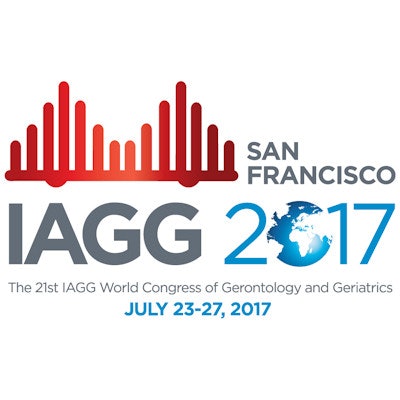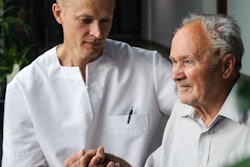
SAN FRANCISCO - More than 61% of older Asian Americans living in central Texas do not have dental insurance, according to the results of a survey presented at this week's International Association of Gerontology and Geriatrics (IAGG) 2017 World Congress.
In addition, almost 45% of those surveyed did not have a routine oral care appointment in the last 12 months, the researchers from the University of Texas at Austin reported in their poster presentation.
Lead study author Yuri Jang, PhD, an associate professor in the university's School of Social Work, hoped that oral healthcare practitioners would recognize the challenges these patients face just to receive care.
"It is important to make an effort to better understand and assist with the diversities and cultural/linguistic challenges of their patients," Dr. Jang told DrBicuspid.com.
More than 60%
In many U.S. communities, a substantial proportion of Asian Americans are immigrants with limited English proficiency, the authors noted. The researchers set out to examine the factors associated with dental health insurance, self-rated oral health, and use of preventive dental care services in older Asian Americans living in central Texas. The researchers chose this population as a sample to reflect their cultural and linguistic diversity.
For their cross-sectional survey, the researchers identified 2,614 Asian Americans living in central Texas. The Asian American Quality of Life Survey consisted of a questionnaire available in English and six Asian languages. More than 530 participants age 60 and older responded. The researchers also collected sociodemographic information and immigration-related variables.
“It is important to make an effort to better understand and assist with the diversities and cultural/linguistic challenges of their patients.”
The participants were asked the following:
- Whether they had insurance that covered the cost of any dental visit
- How they would rate their overall oral health status
- Whether they had visited a dental clinic for a routine examination in the past 12 months
The researchers found that more than 61% of the respondents had no dental health insurance. Additionally, 45% reported that their oral health was fair or poor, and 44% had not used preventive dental care services.
To further identify risk factors, the researchers used a series of logistic regression analyses to uncover issues in this population. They found that those patients with limited English proficiency were 3.5 times as likely to lack dental health insurance and 3.2 times as likely to rate their oral health as fair or poor. The odds of not using preventive dental care services were 6.4 times as great in those without dental health insurance.
The overall findings call attention to the necessity of increasing efforts to promote oral health and dental care in older Asian Americans, the study authors concluded.
Paucity of information
The study was also published in the Journal of the American Geriatrics Society (July 2017, Vol. 65:7, pp. 1554-1558). In the study, Dr. Jang and colleagues cited the paucity of information about this patient cohort.
"It is alarming that what is currently known about Asian Americans is primarily based on national surveys that include only English-speaking individuals," they wrote.
The study findings dispel the idea that Asian Americans are a "model minority" by showing the heightened vulnerabilities of older members of this population, the authors noted.
"The rates of no dental health insurance (61.3%) and no use of preventive dental care services (44.5%) observed in the present sample are higher than those reported in the national adult samples of Asian Americans (38.1% and 38.8%, respectively)," they wrote.



















